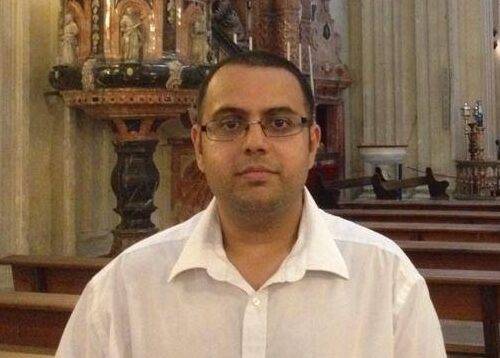The Sacking of Fallujah: A People’s History by Ross Caputi, Richard Hil and Donna Mulhearn makes for chilling reading as it takes us inside the three sieges that the Iraqi city of Fallujah was subjected to following the 2003 US-led invasion. Unlike other accounts of the torment inflicted upon the city that has appeared in the wider media, this one is told from the perspective of the residents of Fallujah themselves and came about in part out of an oral history project collecting local testimonies in the city.
Fallujah, the authors argue, is an example of an old form of warfare, siege and re-emergence. “The ancient practice of city sacking has resurfaced,” they write, “aided by new doctrines of information warfare that legitimise organised state violence and atrocities on a grand scale.” A critical difference between pre-modern warfare and the war that the US waged in Iraq is that, while the former was mainly concerned with conquering and holding territory, American military commanders wanted to go further and exercise political control over the civilian population as well. This book provides us with an understanding of the human cost of such an endeavour.
With a population of 435,000 people, Fallujah lies towards the west of Iraq in Anbar provenance, with the iconic blue minarets of Omar Bin Khattab Mosque dotting the skyline. In many ways, the city is something of an oasis. Often characterised as tribal, conservative and predominantly Sunni Muslim Arab, Fallujah has a proud reputation of being a city that resists foreign armies, playing a leading role in the anticolonial resistance to British rule in the 1920s. “Perhaps not surprisingly,” suggest the authors, “when the US-led occupation of Iraq began in 2003 the city re-emerged as a key site of armed resistance.” For the Americans, Fallujah is a place of fear and trepidation, the epicentre of the so-called “Sunni triangle of death”.
Book Review: The Book of Disappearance
The systematic dehumanisation of the city’s residents is something that the book explores in detail. Ross Caputi is a former US Marine who served in Fallujah; his is a personal account of how American propaganda efforts to caricature locals as terrorists enabled the killing. “Our command told us why we were going to Fallujah — to kill bad guys and liberate civilians. That was why our friends died. That was why we suffered. And the journalists and politicians concurred,” he writes. Coming to regard US military action in Fallujah as a crime cost Caputi personal friendships with the men in his unit.
While Fallujah has been depicted as being naturally resistant to both the US and later Iraqi administrations due to sectarian extremism, the people of the city tell a different story. Sami, for example, was seven years old during the first siege of Fallujah in 2004; he talks about the fear of being shot by American snipers. His brother Hameed had been shot in the ankle by US forces and was kept alive by his mother, but after the Americans bombed the local hospital, Hameed’s pain was too much to bare. “I wanted him to die. Even as a small boy I knew he should die, and that all these days it was taking for him to die was a kind of torture,” the young man recalls.
The majority of those harmed in these sieges were civilians like Sami and his family; the telling of historical events through the eyes and experiences of ordinary people like him is part of what makes this book so compelling. It is a rebuttal of official accounts offered of the Battle for Fallujah.
Oral history is somewhat of a contested practice as many historians reject oral testimonies as evidence, with many arguing that personal memories are unreliable and so only official documents and records should be used. However, historians of the Holocaust have pioneered the use of oral testimonies and thus shown others the way forward for working with such material. The Sacking of Fallujah reminds me of a similar book written about the Syrian civil war by Wendy Pearlman; We Crossed A Bridge And It Trembled: Voices From Syria uses testimonies provided by ordinary Syrians offering an important insight into their experience.
Dreaming of Freedom: Palestinian child prisoners speak
An interesting and perhaps melancholic theme of the book is that the belligerent attitude of the US military towards the people of Fallujah has been adopted eagerly by succeeding Iraqi administrations. Through the testimonies of local people, we come to understand the continuity from Iraq under US-occupation to Iraq post-US withdrawal. In many ways, Baghdad is as much of an occupier as Washington was, not because the people of Fallujah want independence from Iraq, but because the sectarian parties that control the Iraqi government have marginalised and discriminated against them. The violent response of Nouri Al-Maliki’s government in the face of peaceful demonstrators in Fallujah in 2013 typifies the problem with the central government.
Apart from providing invaluable information, this book is also a call to action, a call for accountability and a call for justice. It is not your average history book in that regard. With biting critique that no scholar or activist can afford to ignore, The Sacking of Fallujah: A People’s History is a must for anyone engaging with post-2003 Iraq.









